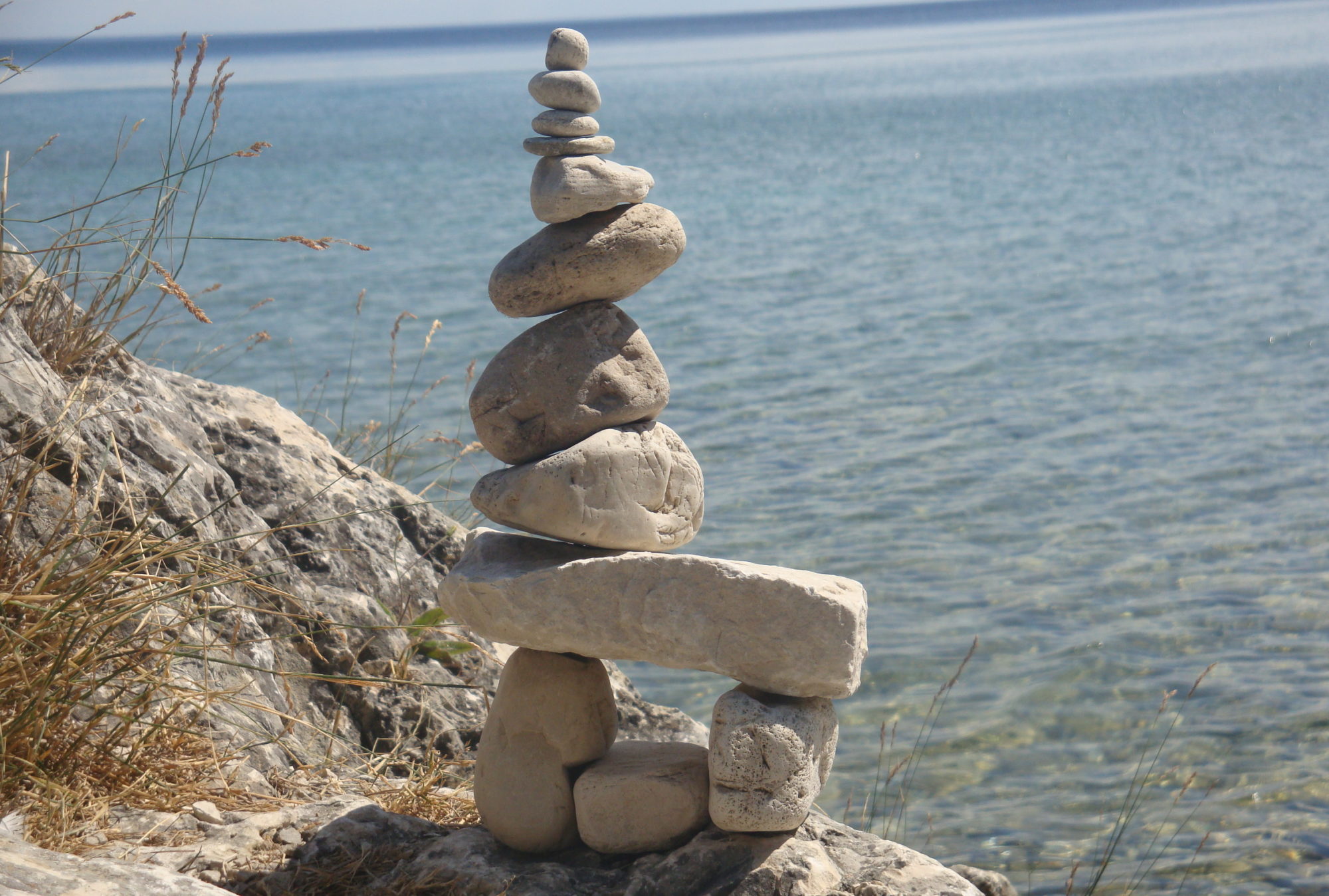As someone who loves words and their subtle nuances and layers, Brené Brown’s book “Atlas of the Heart” is especially delicious. She examines emotions and experiences, and the words we use to define them. How we make meaning. She says:
“.. the ability to name this emotion or experience is essential to being able to process it in a productive and healing manner.”

The 87 words she highlights and categorizes are organized based on her research. Groupings are determined by how words “.. relate and compare to one another.” That reflect “our lived experiences.”
Hope
Chapter Six struck a chord. Hope is an upbeat word for me. How could it be tucked in with the chapter on “Places We Go When We’re Hurting – Anguish, Hopelessness, Despair, Sadness, Grief?” Ms. Brown says “Hope is a function of struggle – we develop hope not during the easy or comfortable times, but through adversity and discomfort.” Hope is not an emotion.
“We experience hope when:
- We have the ability to set realistic goals (I Know where I want to go).
- We are able to figure out how to achieve those goals, including the ability to stay flexible and develop alternative pathways (I know how to get there, I’m persistent, and I can tolerate disappointment and try new paths again and again).
- We have agency – we believe in ourselves (I can do this!).”

“We need hope like we need air.”

A myriad of distractions the past 7 years did a number on some of my cherished goals. Unsettling political times, a global pandemic and a couple relocations took their toll. Left me questioning where I want to go and how to get there. Can I even do it?
Brené says that “hope is forged when our goals, pathways, and agency are tested and when change is actually possible.” She also says it’s a learned habit.
So … Tested? Check. Possible? Likely. Good to know.
Hopelessness and Despair
While both are emotions, they aren’t the same thing. They’re equally hard, but the distinctions are notable.
“Hopelessness stems from not being able to set realistic goals (we don’t know what we want), and even if we can identify realistic goals, we can’t figure out how to achieve them. If we attempt to achieve the goals, we give up when we fail, we can’t tolerate disappointment, and we can’t reset. Last, we don’t believe in ourselves or our ability to achieve what we want.”
“Despair is a sense of hopelessness about a person’s entire life and future. When extreme hopelessness seeps into all the corners of our lives and combines with extreme sadness, we feel despair.”
Brené goes on to say:
“I once heard theologian Rob Bell define despair as “the belief that tomorrow will be just like today.” When we are in struggle and/or experiencing pain, despair—that belief that there is no end to what we’re experiencing—is a desperate and claustrophobic feeling. We can’t figure a way out of or through the struggle and the suffering.”
The permanence built into believing tomorrow won’t be better is tragic. This is where the habit of resilience comes in handy.

Re-evaluating my goals and sitting in ambiguity is different than hopelessness. My long-time habit of seeing the glass as half full is a strength, a touchstone. No doubt this period of time was a trial. My gratitude for cultivating a hopeful perspective is immeasurable. Knowing the distinctions in my situation carried me to a better place.

“I think that little by little I’ll be able to solve my problems and survive.” ― Frida Kahlo

One Reply to “I Love Words – They Are Delicious”